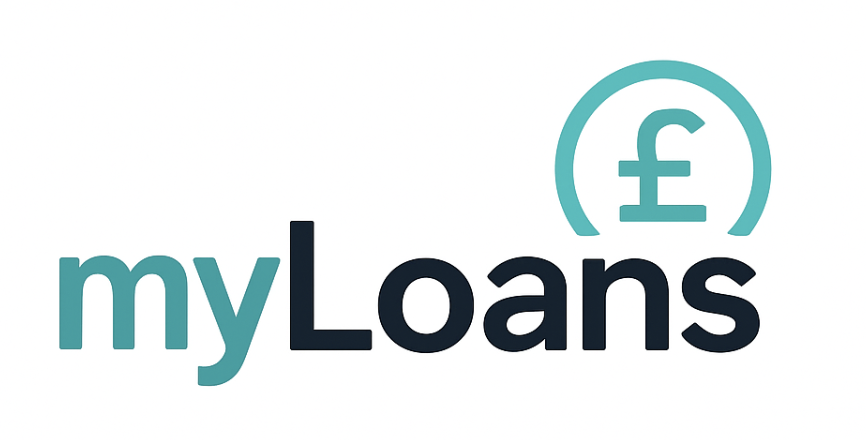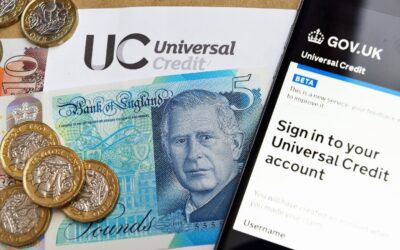Financial emergencies can happen when you least expect them. A broken boiler, a missed rent payment, or a sudden medical bill can leave you asking: how can I get money now? or who can help me with money urgently? In these situations, emergency loans and support options in the UK can provide a lifeline.
This guide will walk you through the best ways to access emergency cash immediately, whether through urgent loans, government support like crisis loans, or safer alternatives to high-cost credit. By understanding your options, you can make informed choices that solve today’s financial emergency without creating tomorrow’s debt problem.
What Are Emergency Loans?
An emergency loan is designed to provide fast access to money when you need it most. Unlike standard personal loans, which may take days or weeks to process, emergency lending prioritises speed and accessibility. They are commonly small, short-term loans meant to cover immediate expenses until your next source of income.
Emergency loans in the UK can take different forms, including:
-
Payday loans from direct lenders (high cost but fast).
-
Credit union loans, often lower-cost but slower to arrange.
-
Budgeting loans or hardship payments from Gov.uk if you’re on benefits.
-
Crisis support from charities and local councils.
Urgent Loans: Fast Borrowing Options
When you need money today, you may consider urgent loans from direct lenders. These are usually payday or short-term instalment loans available online. Many lenders in the UK can transfer funds the same day once your application is approved.
Direct Lender Emergency Loans
Applying with a direct lender rather than through a broker can save time and reduce extra fees. Direct lenders assess your application directly, often with soft credit checks that don’t impact your credit score. Some even specialise in emergency loan bad credit applications, giving options to those who may have been declined elsewhere.
Same-Day Payday Loans
Payday loans are a common type of emergency cash loan in the UK. They allow you to borrow small amounts, typically under £1,000, and repay by your next payday. While convenient, payday loans are expensive and should only be used as a last resort. The Financial Conduct Authority (FCA) has capped costs, but interest and fees can still add up quickly.
Short-Term Instalment Loans
If you need more time to repay, some lenders offer short-term instalment loans, which spread repayments over a few months. This can be less stressful than repaying everything at once, though the cost is still higher than traditional bank loans.
Crisis Loans and Government Help
Not all emergency money needs to come from commercial lenders. If you’re in genuine hardship, the government and local councils can help.
Budgeting Loans
If you’re receiving certain benefits, you may qualify for a Budgeting Loan through Gov.uk. These loans are interest-free and repaid directly from your benefits. They’re designed to help cover essential costs such as rent, clothing, or household goods.
Hardship Payments
If your benefits have been reduced due to sanctions, you may be eligible for a hardship payment. These are temporary payments from the Department for Work and Pensions (DWP) to cover basic living costs.
Crisis Support from Councils
Local councils across the UK operate welfare assistance schemes, sometimes called crisis support or local welfare provision. These can provide emergency food vouchers, fuel assistance, or small cash grants depending on your situation. Check your council’s website for details.
Universal Credit Advances
If you’ve recently applied for Universal Credit and are waiting for your first payment, you may be able to request an advance payment. This gives you access to money upfront, repaid over future UC instalments. More details are available on Gov.uk.
Alternatives to Emergency Loans
Before committing to a loan, consider other ways to get cash today. Borrowing isn’t always the best option if you’re already struggling financially.
Credit Unions
Credit unions are not-for-profit organisations that provide affordable loans and financial support. While the application process may take longer than payday lenders, their interest rates are much lower, making them a safer option. You can search for a local credit union using Find Your Credit Union.
Overdrafts
If you already have an arranged overdraft with your bank, this can be a relatively cheap way to access emergency money now. Some banks also allow temporary overdraft extensions in emergencies. Always check the fees before relying on this option.
Friends and Family
Borrowing from trusted friends or family may be one of the quickest and cheapest ways to get emergency cash immediately. If you go down this route, be clear about repayment terms to avoid misunderstandings.
Charitable Support
Charities like Turn2us offer grant search tools to help you find support for food, rent, or bills. Foodbanks run by organisations like the Trussell Trust can also provide urgent help if you have no money for essentials.
Emergency Loans for Bad Credit
One of the most common questions is: can I get an emergency loan with bad credit?
The answer is yes, but options are more limited. Some direct lenders specialise in bad credit emergency loans, but expect higher costs and stricter repayment terms. Credit unions and government-backed options like Budgeting Loans are better suited for those with poor credit, as they don’t penalise you with high interest rates.
Risks of Emergency Lending
While emergency cash loans can be a quick fix, they also come with risks:
-
High costs: Even with FCA caps, payday and urgent loans remain expensive.
-
Short repayment terms: You may need to repay everything within weeks.
-
Debt cycle: Borrowers sometimes take out new loans to cover old ones, leading to a spiral of debt.
To avoid these risks, only borrow what you need, repay as quickly as possible, and explore non-loan options first.
How to Apply for Emergency Loans in the UK
If you decide that borrowing is your best option, follow these steps:
-
Check eligibility – Confirm that you meet the lender’s basic requirements (UK resident, 18+, regular income).
-
Compare lenders – Use FCA-authorised lenders and compare interest rates and repayment terms.
-
Prepare documents – Lenders usually require proof of income, bank details, and identification.
-
Apply online – Many lenders provide same-day approvals and payouts directly to your bank account.
-
Have a repayment plan – Make sure you can afford repayments without falling behind on other bills.
Where to Get Free Advice
If you’re in financial crisis, professional advice can help you avoid making costly mistakes. Free, confidential support is available from:
These organisations can help you explore hardship payments, negotiate with creditors, and access grants or benefits you may not know you’re entitled to.
Final Thoughts
When you need emergency cash immediately in the UK, there are options available — from urgent loans and direct lenders to crisis loans and government support. While borrowing can be tempting, always consider safer alternatives like credit unions, budgeting loans, or charitable help.
The key is to balance your immediate need for money with long-term financial stability. Whether you need emergency money now to cover rent, food, or urgent bills, knowing your options will help you make the best decision.
If you’re asking, how can I get cash right now? or who can help me with money urgently?, start by reviewing all your choices — borrowing should only be one part of the solution. By making informed decisions and seeking advice when needed, you can manage emergencies without falling into unnecessary debt.
Need Money Fast? Tips & Tricks
How to Get Cash Fast in the UK: Smart Ways to Access Money TodayIn today’s fast-paced world, many people in the UK find themselves in urgent need of money to cover unexpected expenses. Whether it’s a car repair, an overdue bill, or a family emergency, finding reliable...
Effective Strategies for Budgeting in Advance
A Budgeting Advance or Universal Credit (UC) loan could provide the short-term support you need. In this complete guide, we’ll explain who’s eligible, how much you can borrow, the repayment process, and the pros and cons—so you can make an informed choice and manage...



